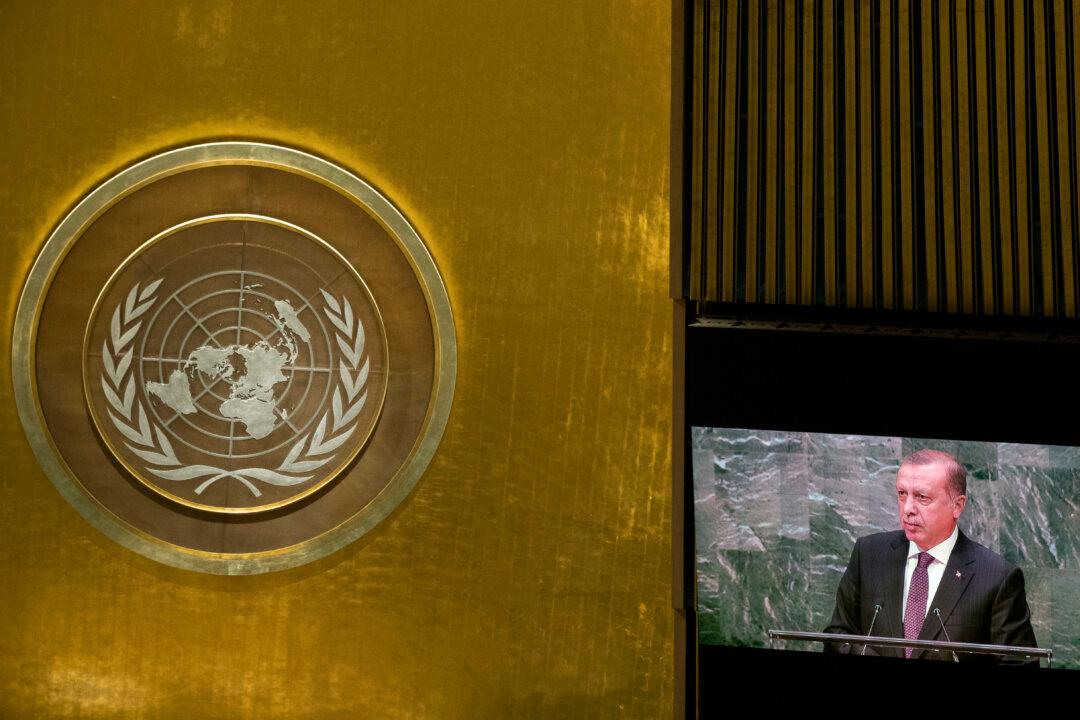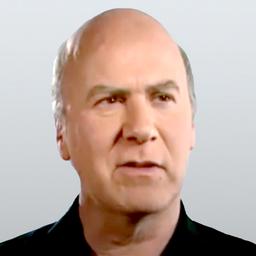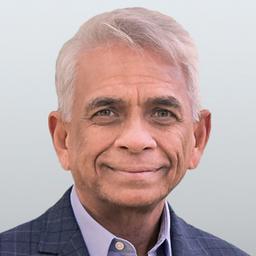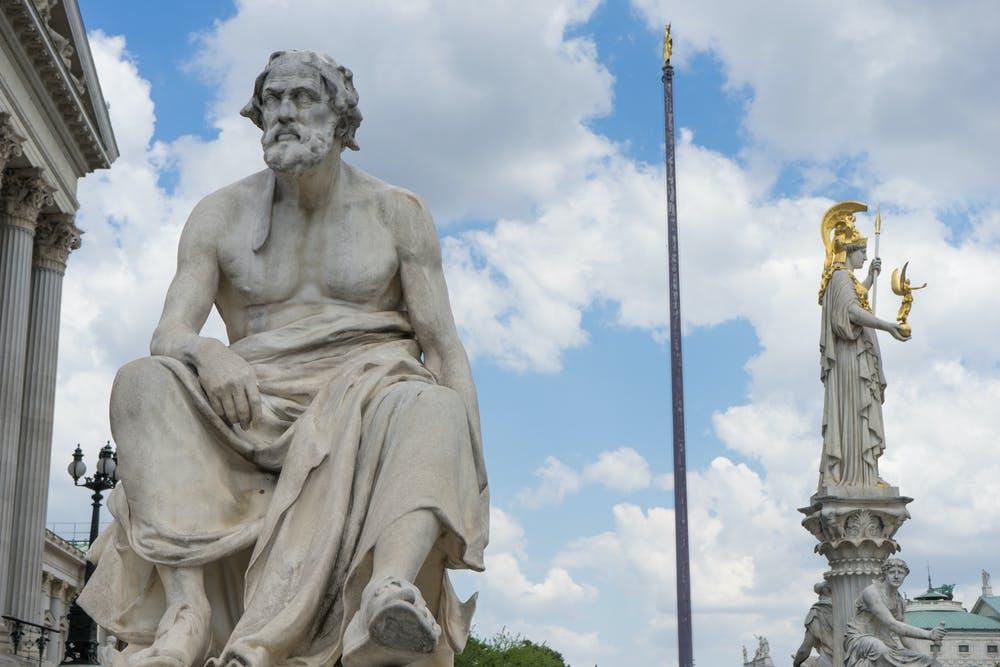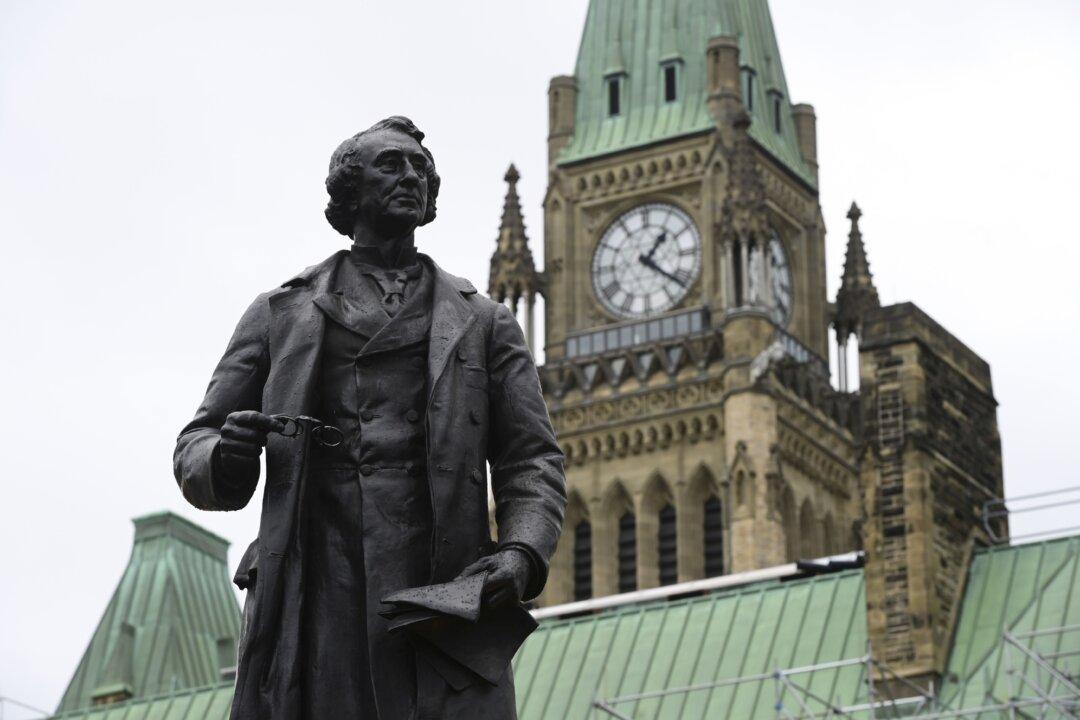Commentary
In one of our frequent conversations over wide-ranging issues, we asked how the present, or future, Israeli ambassador to the United States and the United Nations might address an audience in the context of the recent events in Israel. We imagined that we were tasked to draft such a speech. Here, then, is the draft of a speech we would like to hear, given by the Israeli ambassador.
